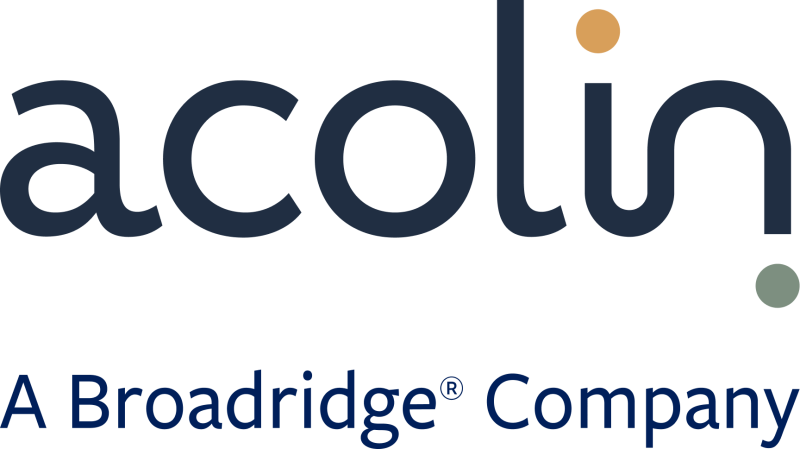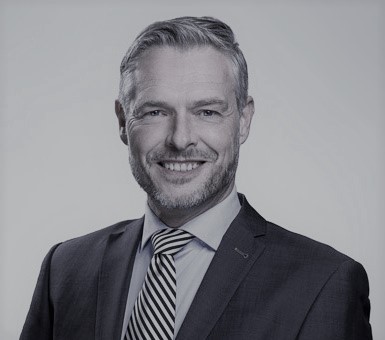Q&A with Jean Louis Catrysse, Managing Director, Acolin Luxembourg
30th September 2022

Regulation around distribution oversight in relation to outsourcing are taking shape and impacting the fund distribution value chain significantly.
In this Q&A, Bart Res talks to Jean Louis Catrysse to get his view on the current issues.
What do you see as a key focus area in the regulatory landscape?
In the EU, there is clearly a desire to increase delegation reporting requirements impacting management companies. The ongoing review of the AIFMD and UCITS directives, harmonising regulatory practices across Europe on the delegation of portfolio and risk management functions is a perfect example. It is clear there is a focus on understanding what is in-house and what is not, and this could lead to more regulation in those areas as well.
Some local regulators have already implemented rules to manage the oversight of the delegated activities such as the Central Bank of Ireland and its CP86 guidance or recently the CSSF in Luxembourg with its Circular 22/806. These are very clear signs that this is becoming a focus area for the regulator.
What measures can asset managers put in place to better address those requirements?
Putting strong governance around oversight activities and keeping a holistic view is helpful. Particularly since we are not just talking about distributor oversight rules but also the rules regulating regular outsourcing activities which need to be considered. These activities are far reaching, being either considered critical or not critical with a certain degree of proportionality such as IT systems, accounting and administrative and support activities.
Initial and ongoing due diligence is obviously a key element of these measures. The management takes an essential role by defining the adequate policies and procedures and ultimately being the responsible persons towards the regulator.
How can asset managers collaborate better with fund distributors to meet their regulatory obligations?
More transparency is being asked of fund distributors and putting in place the right governance in the form of clear KPIs can help. This can include data on sub-distribution, breakdown of distribution activities, business continuity process and also potential breaches. Setting clear expectations is important when establishing good processes. All sides need to know what they need to deliver.
Finally, on the subject of ESG, how can oversight processes contribute to compliant marketing of those funds?
Strong oversight processes should help indicate how ESG is integrated into the fund and investment strategy and the regulator clearly believes more work should be done on that front. In fact, almost 600 new data points have been added to the European ESG Template (EET) only recently in order to establish investor’s ESG preferences but also to introduce a more streamlined way to manage the exchange of ESG data between the asset manager and distributor.

